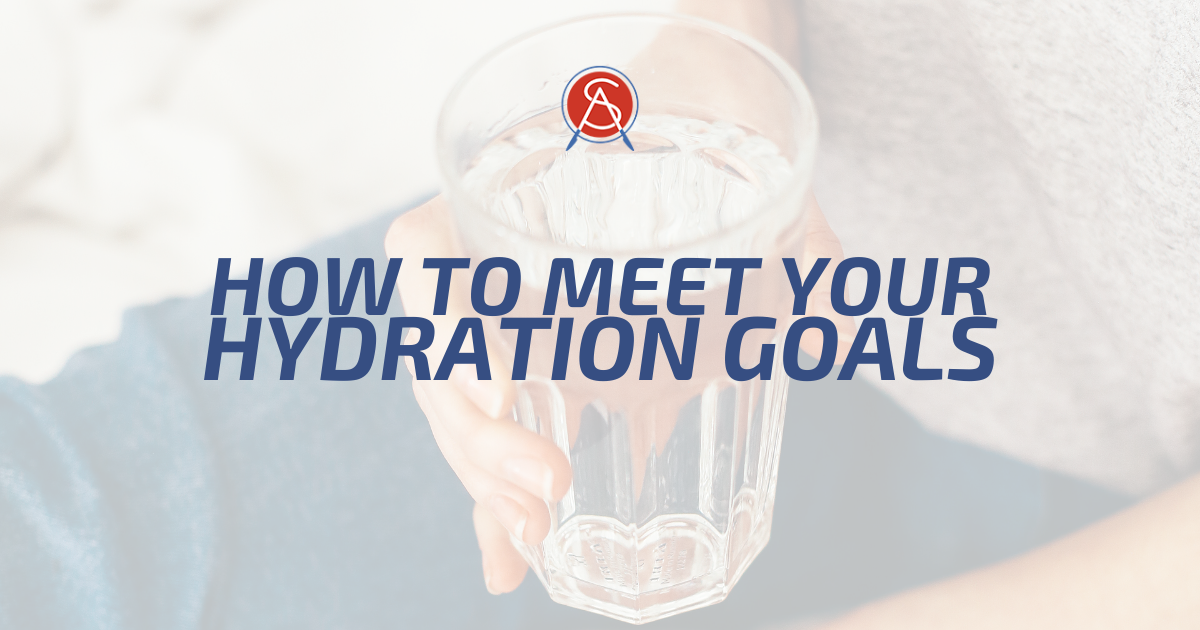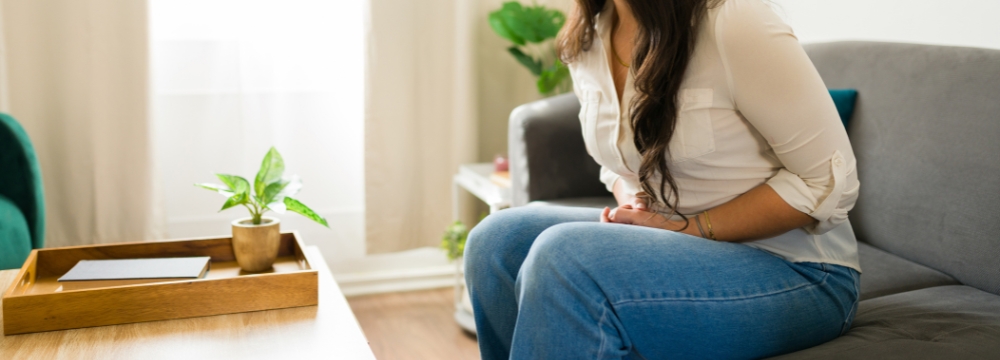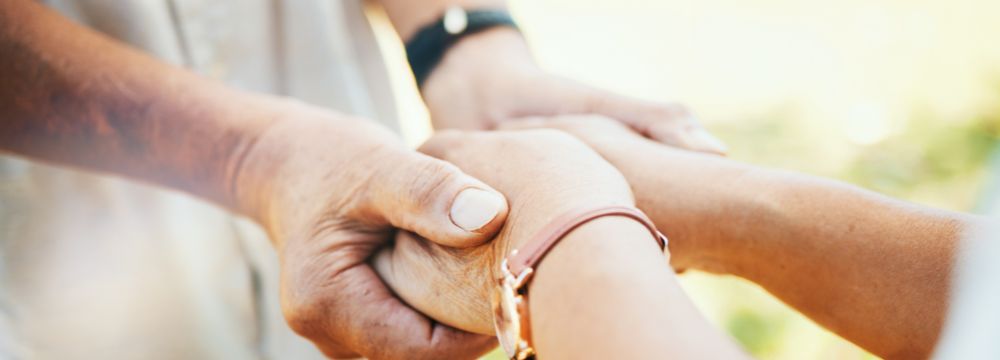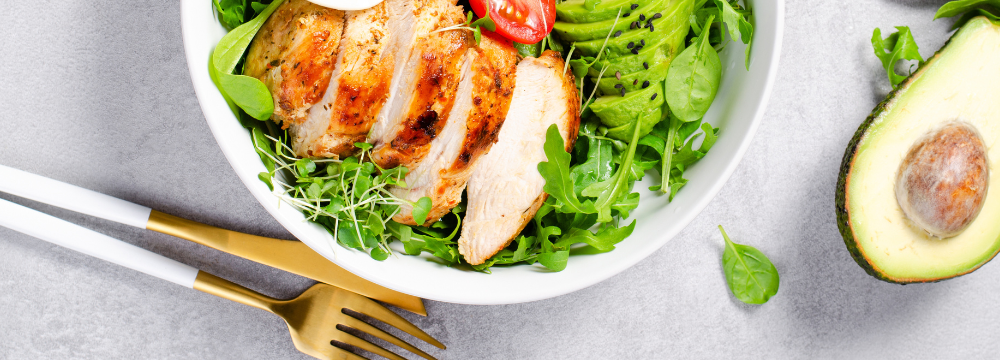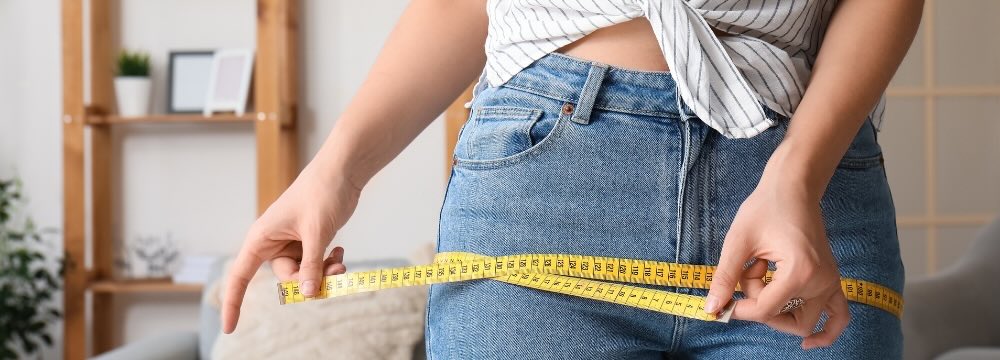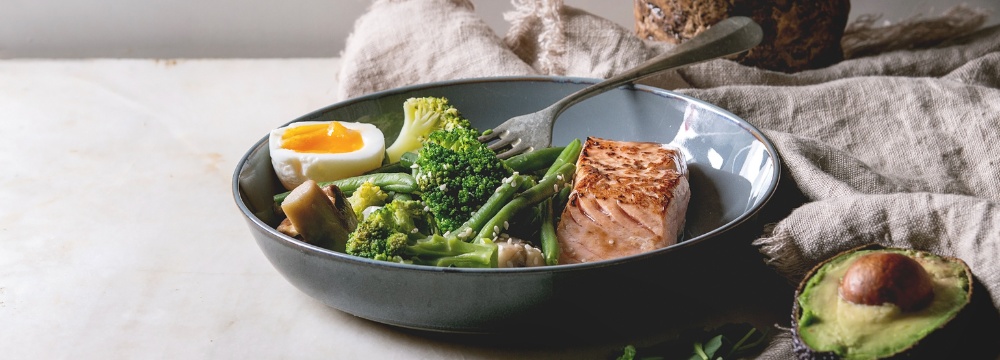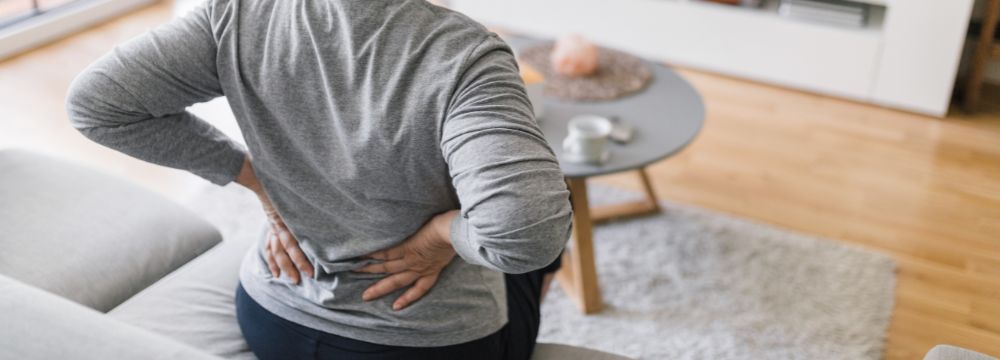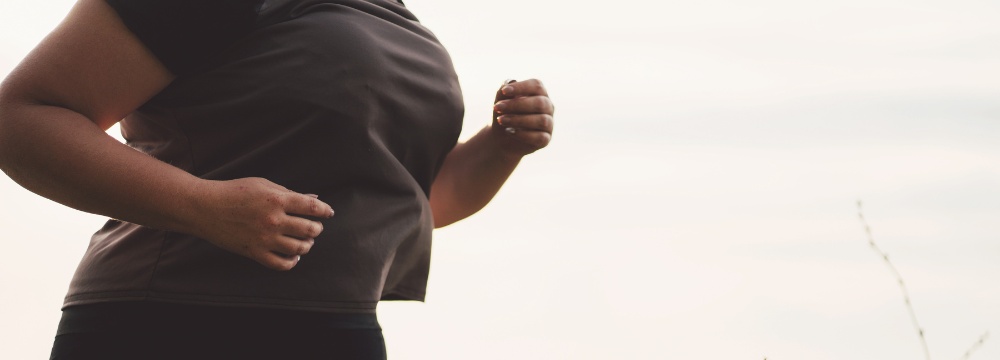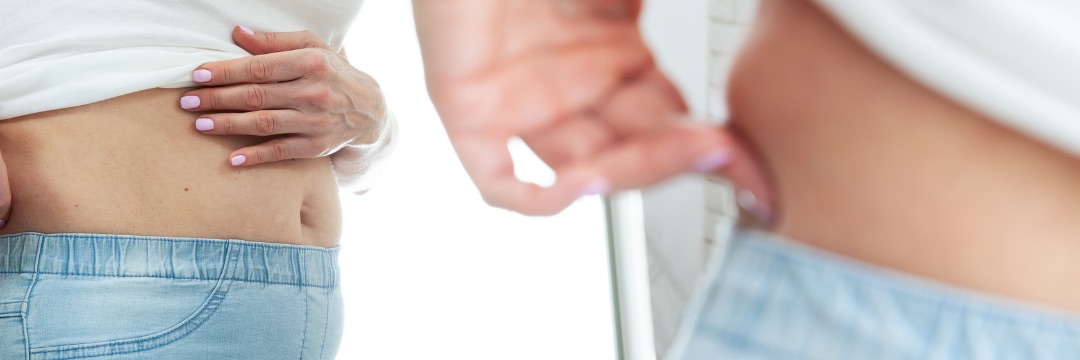Before we get into the best ways to stay hydrated after bariatric surgery, it is important to understand how much water/liquid you actually need. There are varying recommendations out there, but the most common number you will find is 64 ounces. This is the equivalent of eight regular cups of water. However, you should know that in the hotter weather we experience over the summer or if you are exercising vigorously, 64 ounces may not be enough. Conversely, you also get hydration from much more than just water, including coffee and tea, juices, foods and even alcohol. So, if you are eating lots of foods that are high in water content, you supplement your hydration.
Why Do We Need Water?
Being that our body composition is mostly water, it stands to reason that water is essential for almost anything we do. When we are well hydrated, we sleep better, we do better during the day including improved mental and physical function. We also ensure that our organs work properly, especially the kidneys and colon, both of which rely heavily on water
Water Consumption Strategy
It may feel daunting to have to drink that much water in a day, but the strategies that we will discuss in this blog post can make it much easier.
Drink A Little at a Time
First, it is important to remember that you do not want to drink all of your water too quickly. Not only is drinking too much water ineffective – your body simply flushes it out as urine – but you can also dilute very important salts and electrolytes that are critical to your bodily functions. So, spacing out your liquid consumption is important. Further, you should take small sips and not chug your water. With a smaller stomach pouch, drinking too much water too fast will be uncomfortable. If you notice that your urine is colorless, you might be drinking too much water at a time. The ideal color is a straw/light yellow tint.
Drink Before Every Meal
One strategy that many of our patients enjoy is drinking a glass of water before every meal. Starting as soon as you wake up, take a twelve-ounce glass of water and slowly drink it down sip by sip. About 45 minutes later you can have breakfast. Follow this for every meal and snack that you have during the day. Patients will eat about five small meals and snacks throughout the day, so you’ll be most of the way to your daily goal.
Set a Timer
Other patients believe that setting a timer and carrying a water bottle with them everywhere they go is the best option. This is also valid and if you prefer, following this method is perfectly fine. Just have a backup plan for unexpected situations where you cannot drink your water – whether you forget your bottle at home, have to run into a meeting, or are otherwise indisposed.
Track it Electronically
You may also consider using a water or calorie tracking app to help stay on track, so you know your hydration levels throughout the day. Some apps even remind you that you are short on water for the day.
Modify your drinking and eating habits
Teas, coffees and juices all have a hydrating effect, however, they often come with caffeine and sugar as well. For one, sugary drinks can mitigate some of the weight loss that you were looking to achieve. Also, caffeine is a diuretic, which means it flushes water out of the body and may not hydrate as well as a non-caffeinated drink. Lastly, many sugary and caffeinated drinks are also carbonated, and we want our patients and avoid them after surgery (carbonated drinks are also very acidic).
There are solutions.
Decaffeinated teas and coffees have a bit of caffeine, but it’s very little and that could be helpful. While some fruit juices like orange and apple have tons of sugar, other juices such as no sugar added coconut water are much better and contain electrolytes. Water infused with fruits and vegetables can also give you a 0 calorie boost without the sometimes-boring taste, or lack thereof, of regular water. You can create your own fruit infusions, or you can purchase them from your local grocery store. Try to avoid artificial sweetener when possible though it may seem like a great option to make your drink taste better.
Lastly, choose your snacks carefully. Oftentimes, we look for salty snacks to keep us full throughout the day. Salt, of course, increases water retention and actually hinders hydration. Further, what may taste only mildly salty might have more sodium than you think. Replace salty snacks with those consisting of wholesome fruit and veggies. Lettuce, celery and other greens are mostly made up of water and actually help hydration. The same is true with low glycemic fruits that are high in fiber such as raspberries, blueberries and more.
Staying well hydrated is just as difficult as sticking to your weight loss diet. In the beginning it’s very exciting and most patients do very well, getting all the required water they need. However, over time they start to liberalize their water intake, which can cause a return to chronic dehydration. The result is, potentially, starting to regain some weight. The bottom line is to find a method of drinking water that doesn’t overwhelm you and that keeps you feeling good throughout the day. This leads you to feel motivated to drink more and stay hydrated, which in turn gives you the energy to exercise and perform well in your personal and professional endeavors. Remember that success breeds additional success and much of that, after bariatric surgery, begins with excellent hydration habits.


